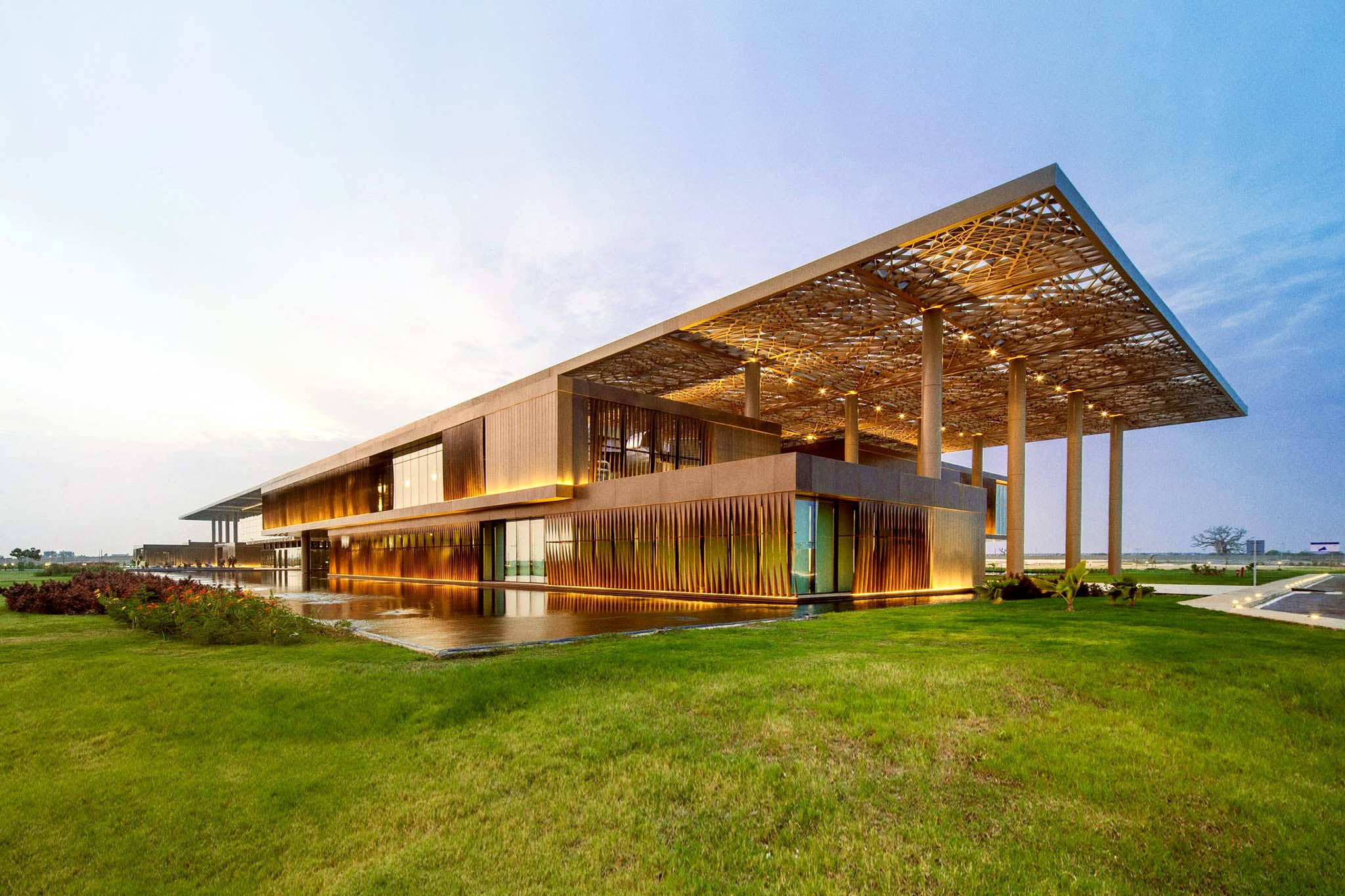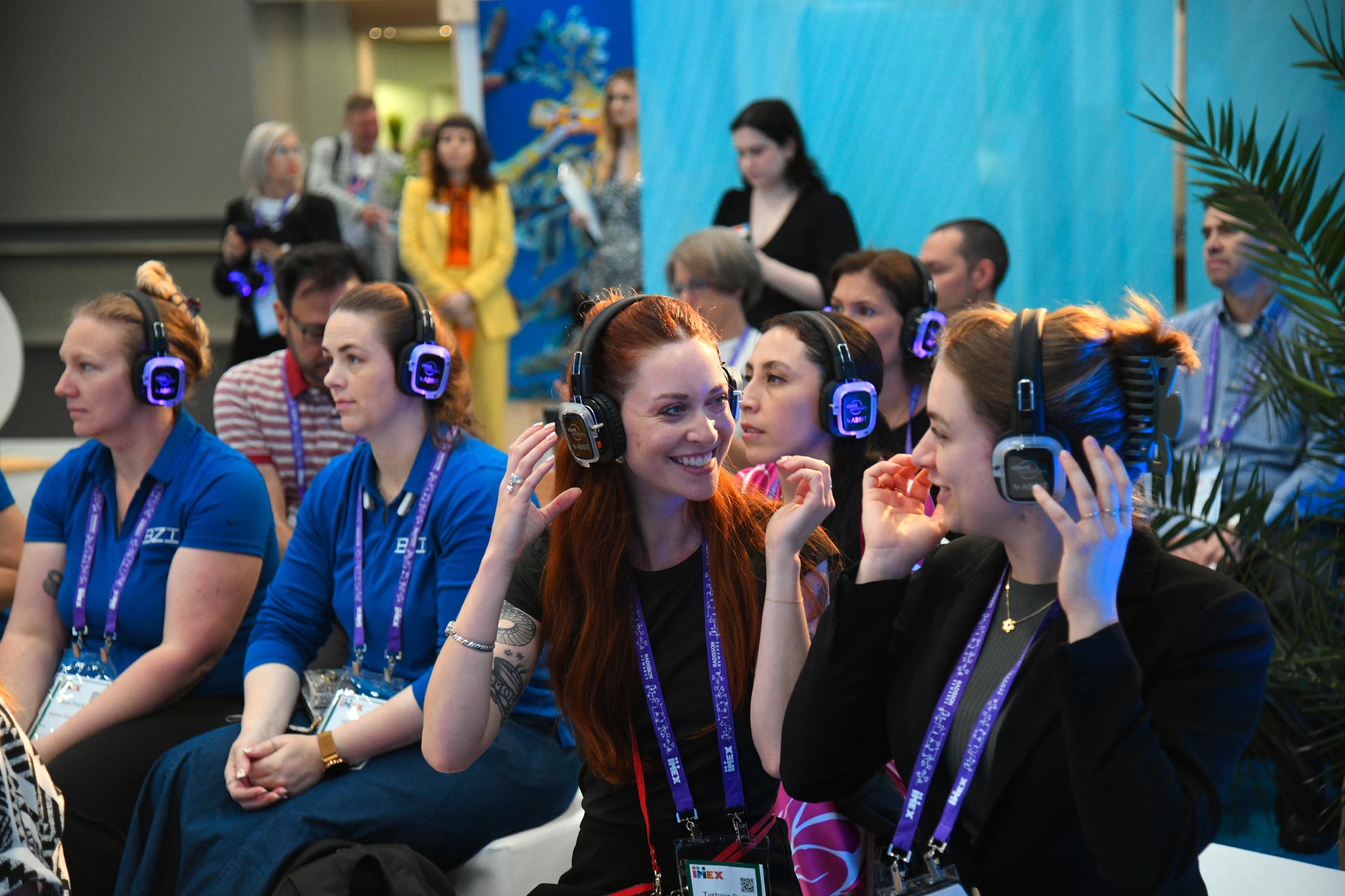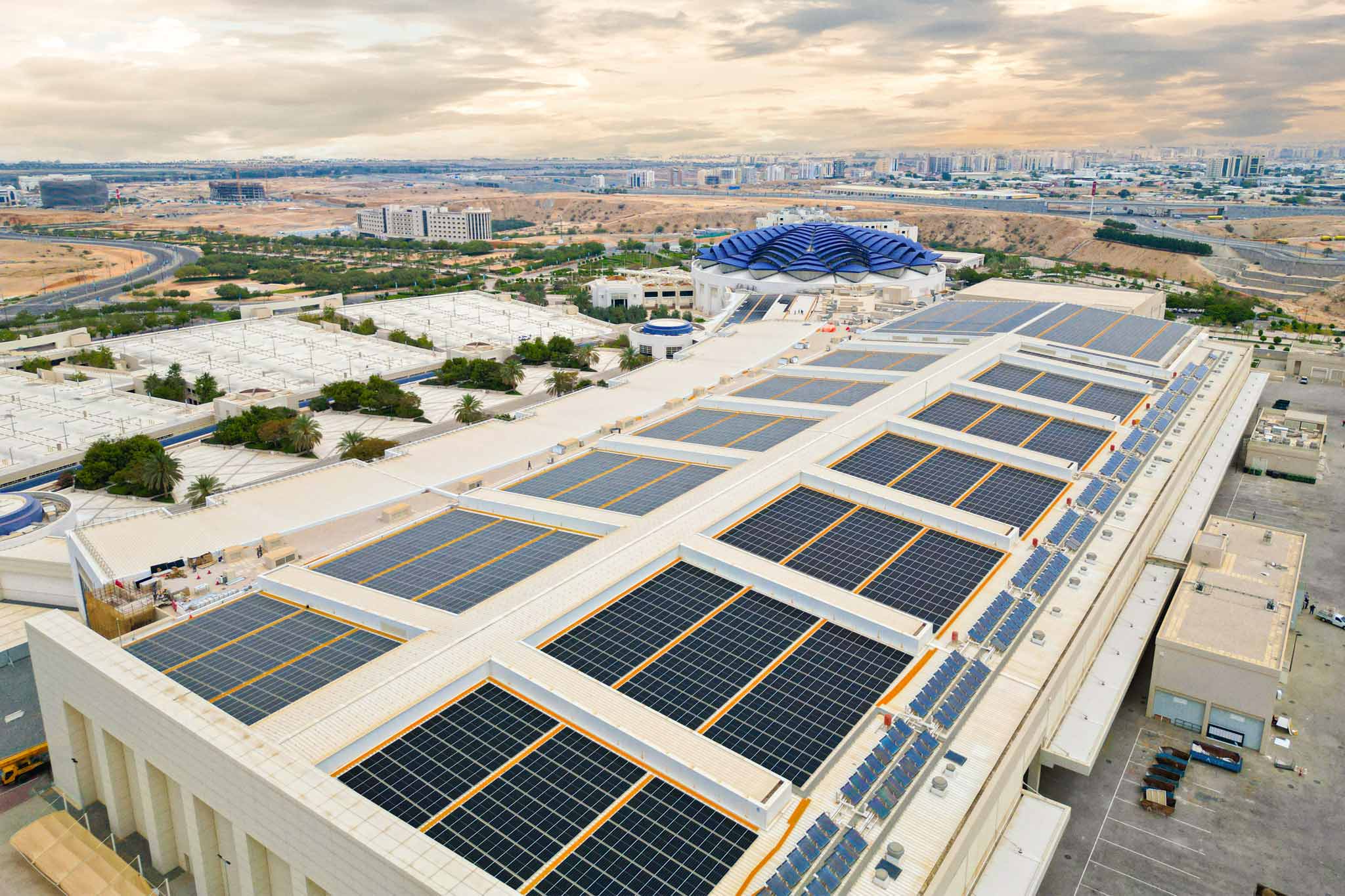With Senegal’s capital city of Dakar located on the westernmost point of Africa, the country is well-positioned to expand its role as a regional business hub. Dakar has become an aviation hub for West Africa and has connections with multiple locations in Africa, Europe, and the Middle East. Senegal has a population of 16.7 million inhabitants, a quarter of whom live in the Dakar region.
Based in Cape Town, South Africa, the Business Tourism Company conducted a feasibility study of Senegal in July 2021 to determine its market readiness for business events.
“The outcome of the study was overwhelmingly positive,” says Colette Taylor, director of the company.
Over the past decade, the Government of Senegal has embarked on a series of economic reforms that have been accelerated through the Plan Sénégal Emergent (PSE II) development masterplan.
PSE II aims to boost sustained and inclusive economic growth and make Senegal an emerging economy by 2035. The high potential sectors prioritised for development in the Priority Action Plan (PAP2) are agriculture, health and pharmaceuticals, digital transformation, air transport and tourism, supported by education and community development.
Foreign exchange earnings are from mining, fishing, groundnuts, cotton, tourism and the services industry. More recently, significant reserves of gas, oil and renewable energy are sectors with great growth potential.
Senegal is one of the most stable countries in Africa, with three peaceful political transitions since independence in 1960. The economy grew by more than six per cent per year from 2014 to 2018 (pre-pandemic). Moreover, the country is home to five cultural and two natural UNESCO world heritage sites and eight sites on the tentative list.
The launch of Sénégal Internet Exchange Point (SENIX) in 2017 and the Digital Sénégal Strategy 2025 (in which digital transformation of the economy has become a major objective of Government) supports a positive and competitive ICT environment for business events.
“What was surprising to find was how actively Senegal has been engaged in business events for decades, and what excellent market-ready facilities there are for hosting events, from small to large capacities of 3000,” says Colette Taylor.
Venues such as Centre International du Commerce Extérieur du Sénégal (CICES) and King Fadh Palace Hotel have been hosting business events for more than 30 years.
The world class Centre International de Conférences Abdou Diouf (CICAD) in Dakar–Diamniadio opened in 2014 when it hosted its first international conference, the 15th Francophone Summit.
In addition, the Centre des Expositions de Dakar that was completed in 2018 is the largest in West Africa, offering six halls with the biggest at 4800 m² column-free space.
Furthermore, several hotels with meeting facilities have been hosting national, regional and international conferences for many years.
Twenty-three per cent of international arrivals to Senegal are business, with French-speaking markets (including ECOWAS) accounting for 42 per cent. The country’s proximity to Europe and the USA makes access for international delegates easy.
“Economic growth of key industry sectors, unique cultural and natural attractions, from deserts to mangrove swamps, and the excellent cuisine are real assets for Senegal that have strong business events promotional potential,” says Colette Taylor.
One of the country’s infrastructures development is the new port of Dakar which will be located about 50 km down the coast and close to Blaise Diagne International Airport, which opened in 2017.
The port is expected to be completed by 2026 and will create jobs, attract new foreign direct investment to the country, and enable new trading opportunities that bring about economic diversification.
At Expo 2020 Dubai, Senegal is located in the Mobility District. Here you can discover Senegal’s major projects in the development of mobility, people, goods, services and data, and see more of the nation’s substantial infrastructure developments.



